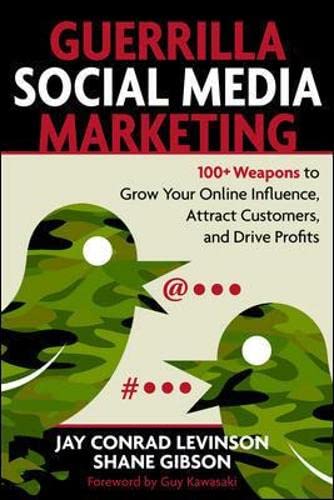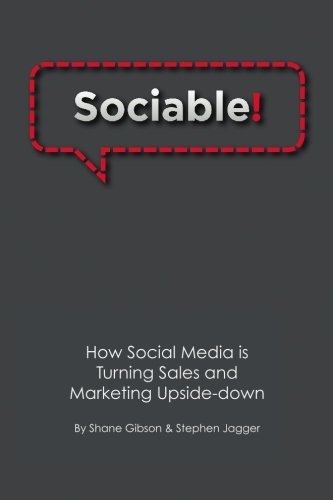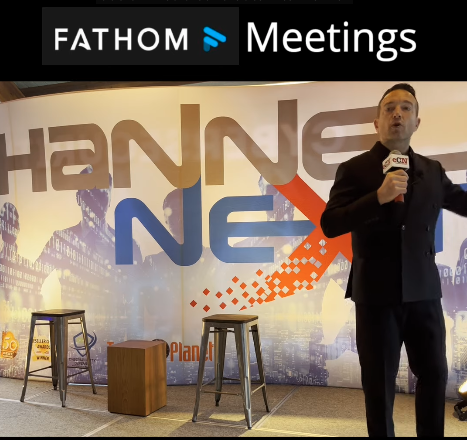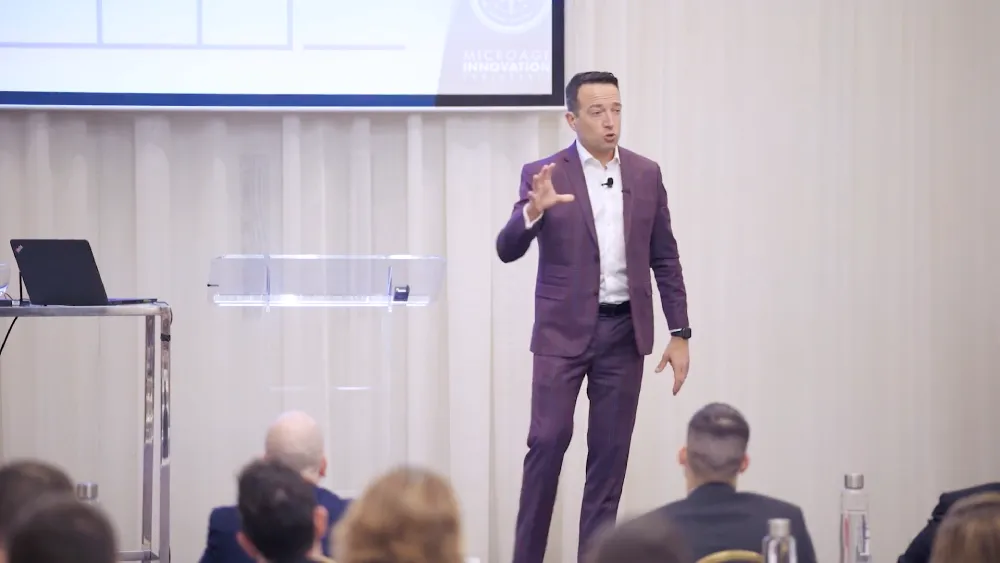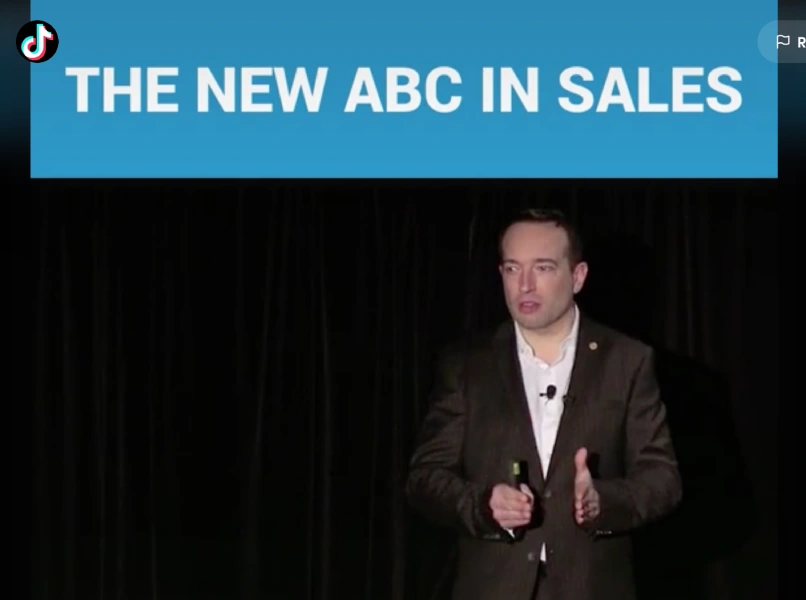Developing a Social Media Policy and Guidelines
In our book Sociable! Stephen Jagger and I talk about the importance of having a set of guiding principles and policies for your organization as you enter the social media space. We developed one for ourselves and the other people that are involved in Sociable! with us. Following is a direct excerpt out of our book of our social media policy and guidelines we call the Sociable! Code of Engagement:
#1) Treat every action as if it will be recorded for eternity.
Almost everything we say online is recorded, logged and backed up somewhere. In every restaurant, bar or conference room there’s dozens of people with mobile video, photo, and blogging apps that capture our behavior in an instant and broadcast it to the world instantly and permanently. You really can’t delete a bad blog post, a rude response. Be careful what you say, blog, tweet and do, because the impact can be permanent.
#2) Talk about what you know.
Being Sociable! is about being a thought leader, and contributor to community and being authentic and transparent. People rely on us for advice and guidance. Stating opinion as fact can hurt our reputation and it may even harm the person taking our advice. If we’re wrong, or inaccurate we can expect to be called out on it and even embarrassed in the social media space by other bloggers or community members. Always be learning, studying and fact checking in the area which you aspire to lead in, and don’t exaggerate or fabricate your knowledge or the facts.
#3) Get Engaged.
Don’t broadcast, connect. Being Sociable! is about listening, connecting, contributing. Engagement is how we make other people feel, it’s also about the lasting impact that we have on them and their success. To be Sociable! you must monitor, listen to and actively answer and communicate with the individuals in the community in a personable customized and relevant way.
#4) Give credit where credit is due
If you hear a great quote from someone, an interesting hypothesis or learn a new business process make sure you give him or her the credit. Just because something is not protected under copyright does not mean we can re-purpose it without giving credit. A quick link back to their site, a mention of them at your seminar or in your video only takes seconds. What it does though is build the trust of everyone watching, they know you’re in this for more than just personal gain and will be Sociable! with you as well.
#5) No Spam
Never send generic messages to people who have given you permission to connect. If they have added you as a connection in a social network, realize that this is not to be taken lightly. Only send information or communicate in a way that is adding value, every time. Avoid auto messages, auto blog links, or auto anything that makes people feel like a number and not a valued contact.
#6) Know when to Zip it
Be conscious of private or confidential information that has been trusted to you. This means don’t post it anywhere on the web. It also means don’t talk about it in public, someone else could hear or record you and post it online for the world to see. Know the difference between fact, opinion and slander and always err on the side of being legally diligent. In other words don’t post anything that could result in an unwanted court appearance.
#7) This is not a video game
Some people see social media as a video game. A game where you collect names and followers like a some sort of digital trophy case. This game is getting old fast. The real measure of someone who is legitimately Sociable! is impact and action. Focus on quality or relationships with people you are connected with. Focus on people doing something when they get to your blog, not how many people visit it. Think in the term of profits made, impact created or actions caused by your Sociable! activity.
#8) Be open to all feedback
The days of corporate white washing are over, so is having a dual life, everyone now knows what your up to in this digital world that lacks privacy. People are going to go after you online on your personal blog, our corporate blog or blast you with a video or a comment on a social network. When this happens, don’t hide and don’t delete their comments or the errors you have made. Engage instead. Customer complaints are branding opportunities and sometimes our critics are actually bold allies trying to set us straight. With criticism it’s important to respond strategically not emotionally and to set the record straight with a correction, the facts, or good old fashion customer service and apologies.
#9) Digital rights
We make our living from the great ideas, content and creative works we create, market and produce. Being Sociable! means our brand is one of integrity, authenticity and transparency. We need to respect others copyright and creative works just like we would want them to do for us. Always ask permission or give attribution to other people’s creations that you use, cite, or include in your work. Every photo, video, quote or audio clip we use must be posted by us and distributed in a way that respects others’ work and it’s digital integrity.
#10) Be Sociable!
Being Sociable! also means not taking our self or our brand too seriously. In order to be a true Sociable! thought leader you must have fun, be passionate and contribute to the success of your clients, peers, family and community as a whole. Most importantly we continually strive to “get real” by taking our online connections and meet them individually or as a community through events like Meetups, Tweetups, and community functions. We do this to deepen and expand relationships. Without strong Sociable! relationships we’re just another marketer or sales person pitching something.
=========================================
Register for book tour and early release information on the the book here:









